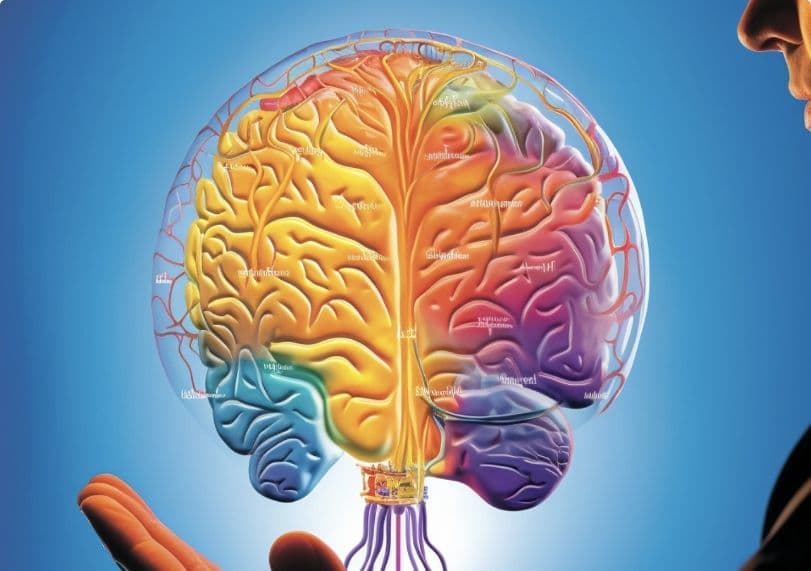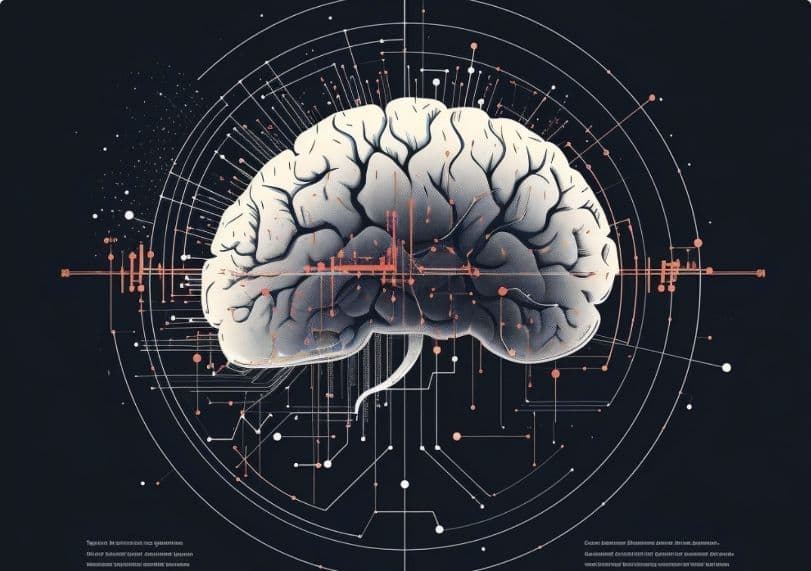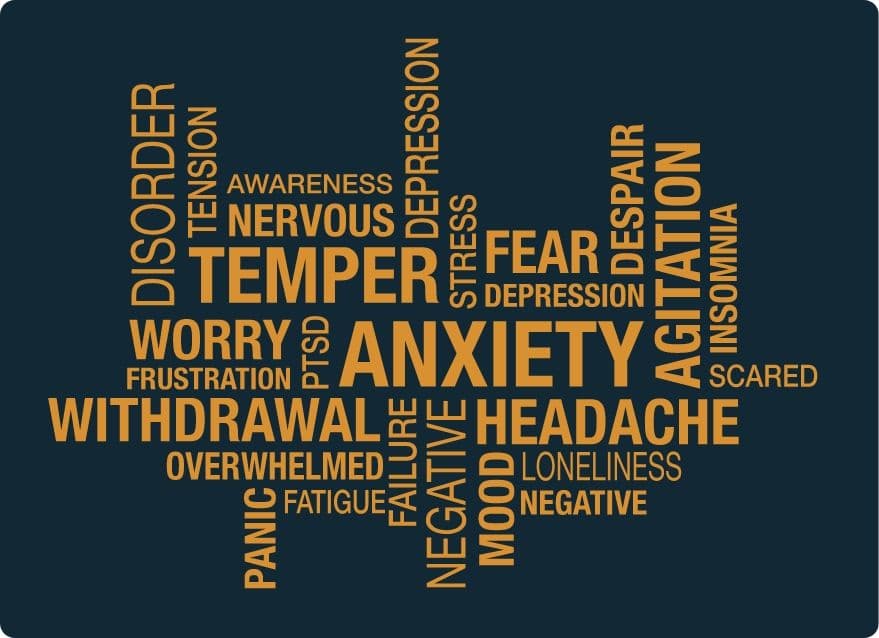What is an ontology?
An ontology is a formal representation of knowledge or information about a particular domain. It is a structured way of organising and categorising information, concepts and relationships within a specific subject area. Ontologies are knowledge structures that include:
Entities (i.e., anything that exist in the universe)
Entity labels and definitions
Relationships between entities
What are ontologies and what can they be used for?
Mental Health Ontology (MHO) Aim:

Develop an ontology of mental health to serve as a shared language to communicate about key constructs relating to mental health

Apply the ontology to support data extraction, synthesise complex evidence and enable partial automation of the extraction and synthesis processes
Method To Develop The Ontology
Step 1
Specifying the scope of the Mental Health Ontology
Step 2
Identifying, labelling and defining entities needed for living systematic reviews
Step 3
Identifying and refining entities and their structure based on existing classification systems
Step 4
Iterative stakeholders reviews of the Mental Health Ontology
Step 5
Specifying the relationships between Mental Health Ontology entities

Identifying and refining entities and their structure based on existing classification systems
Survey of “what exists” in classification systems
- • Identifying existing mental health classification systems, e.g., DSM V, RDoC, ICD and HiTOP, through:
- • Searches of the literature and specialist ontology databases
- • Expert recommendations, e.g., Mental Health Ontology Advisory Board
- • Drawing on entities in the Behaviour Change Intervention Ontology and other ontologies